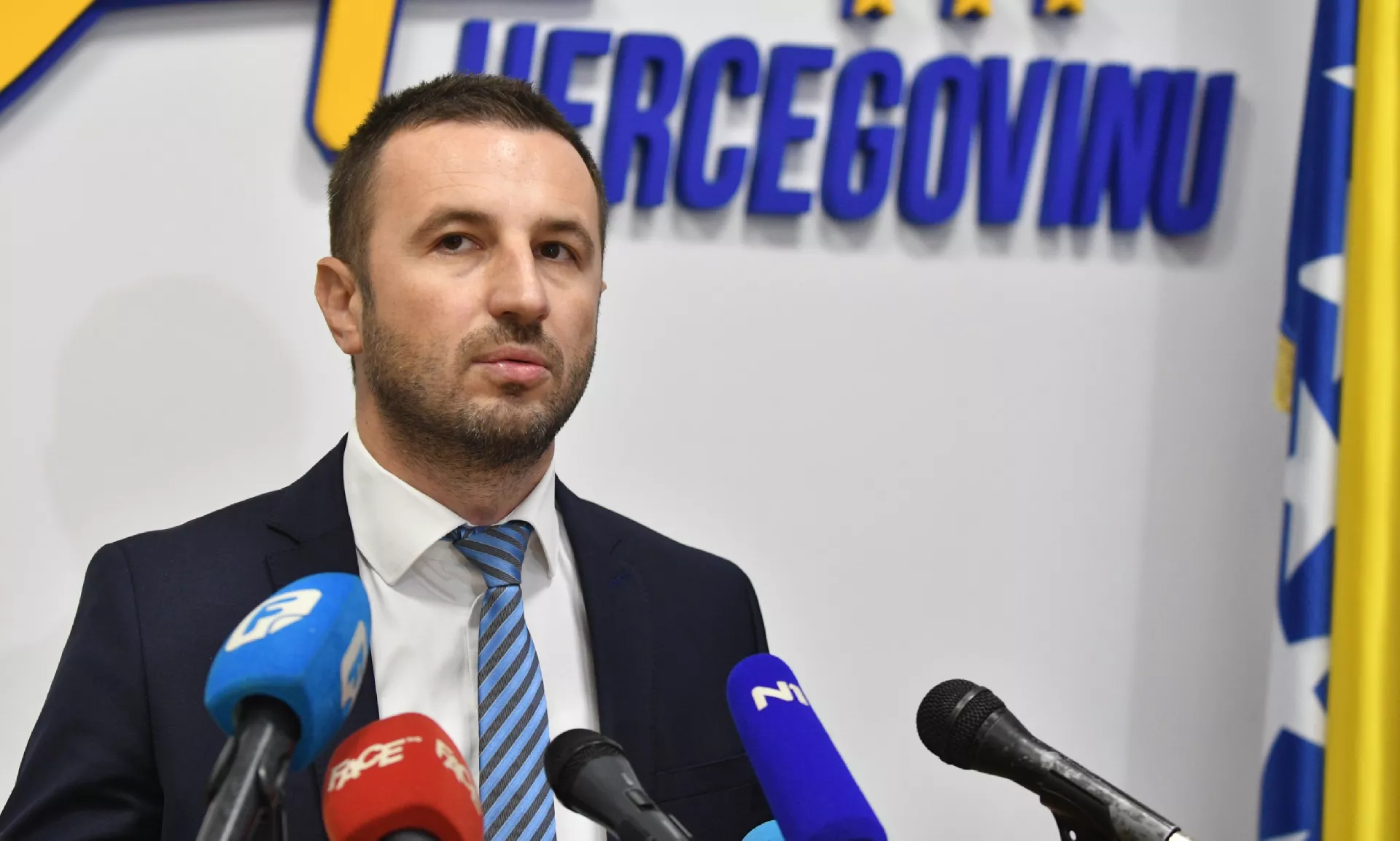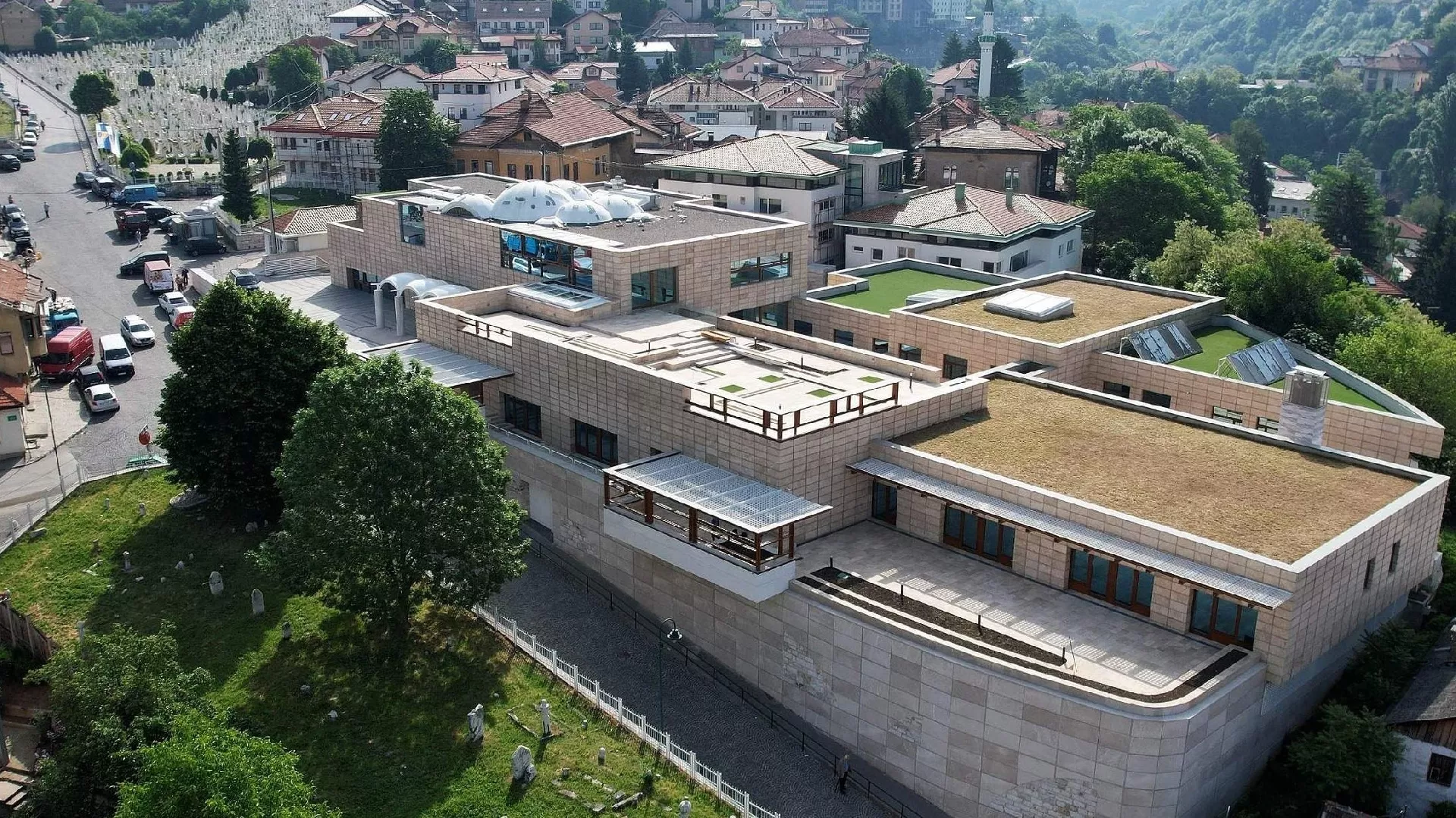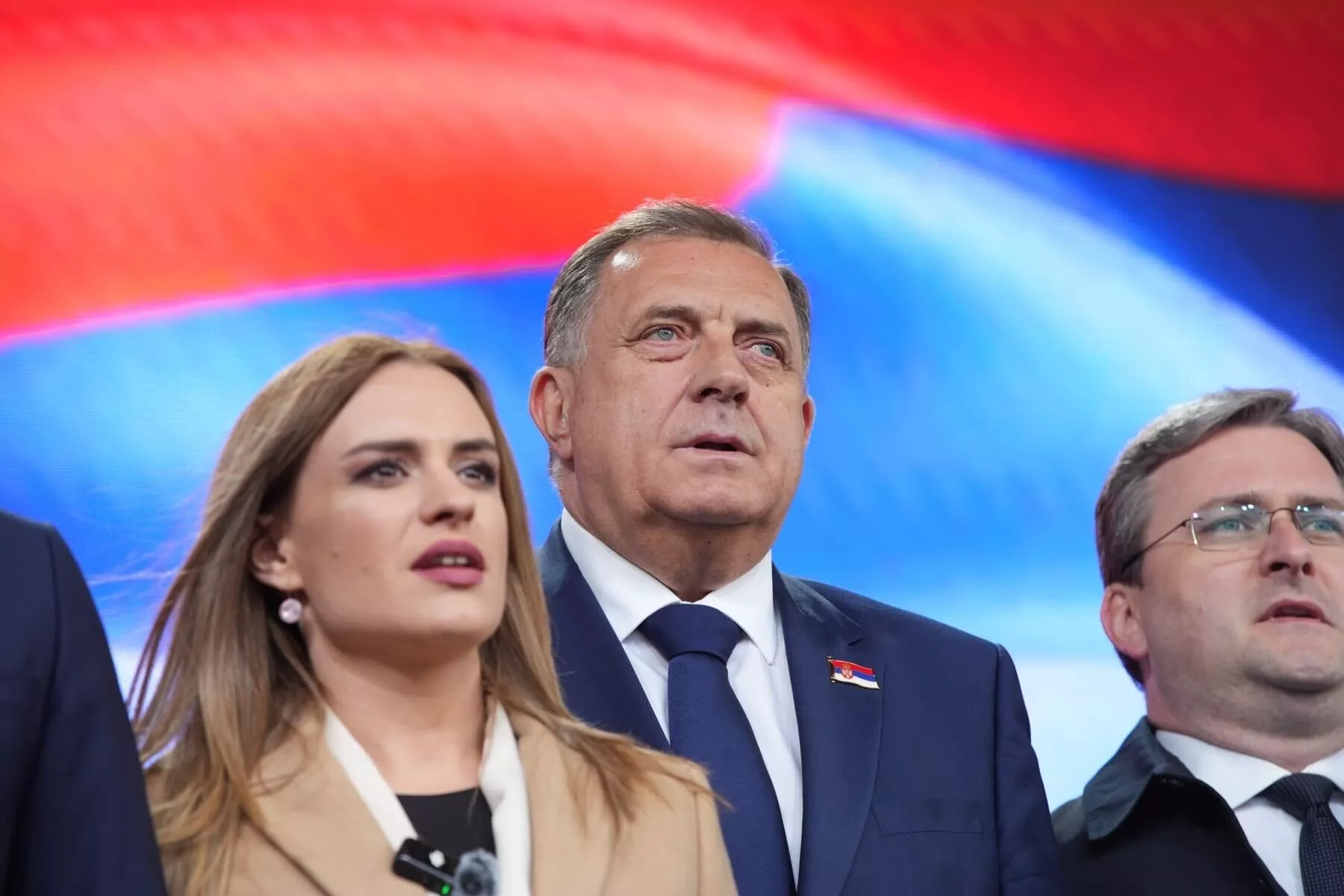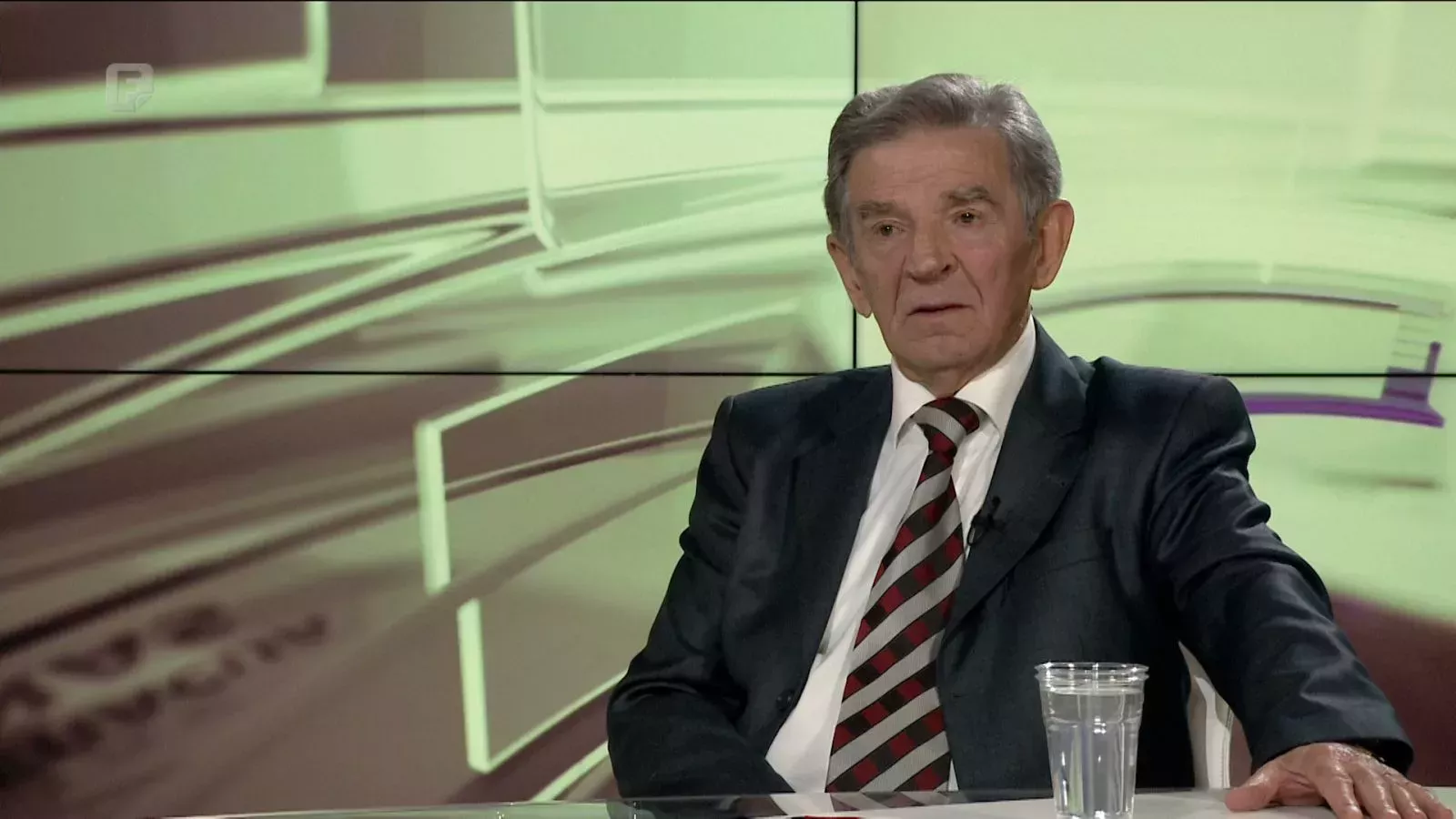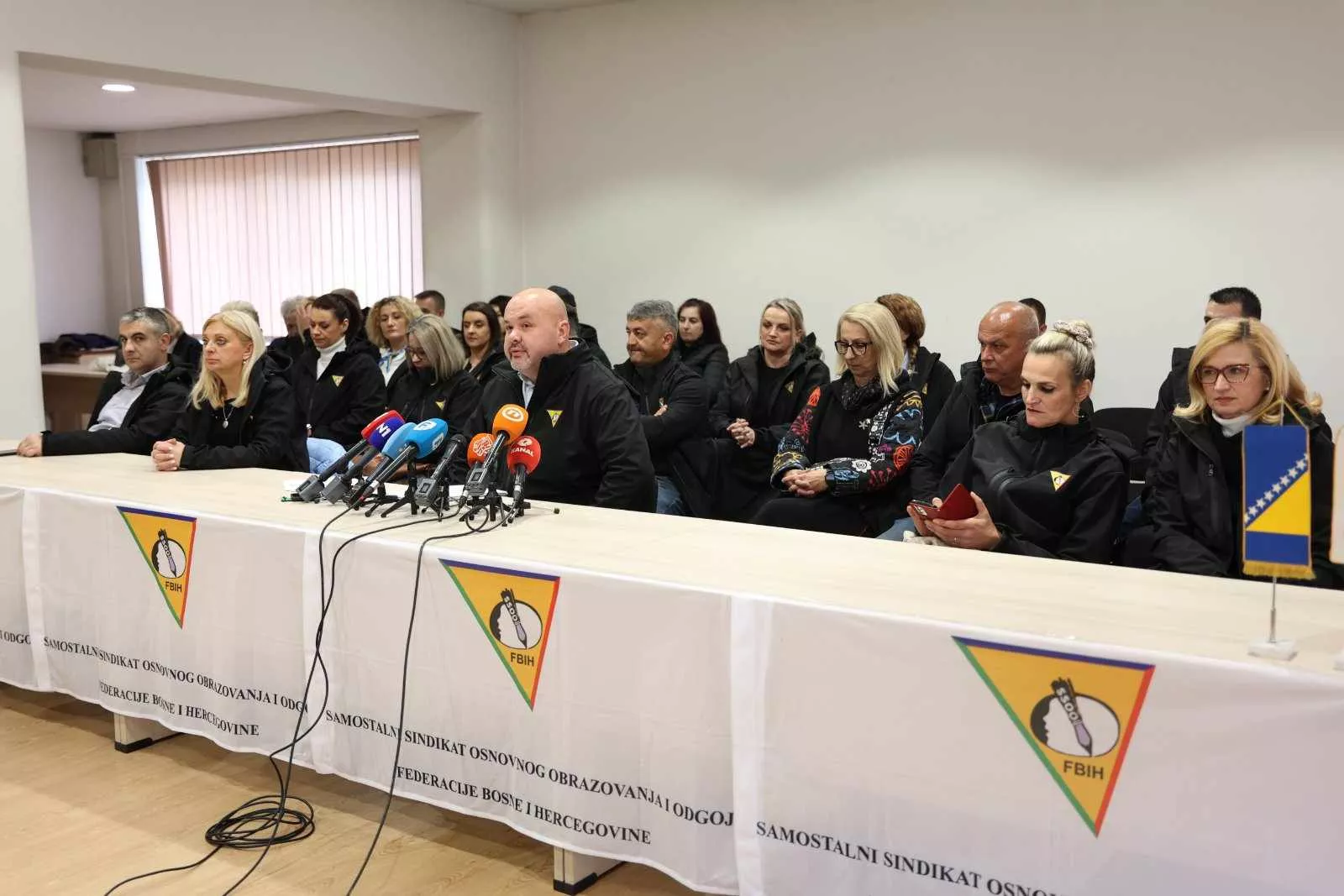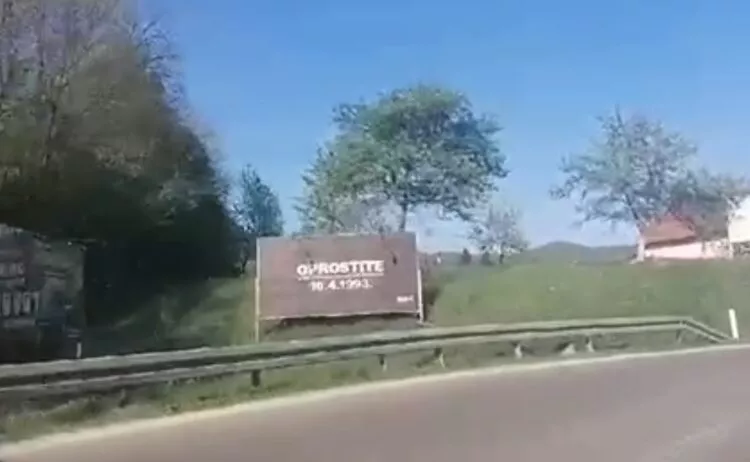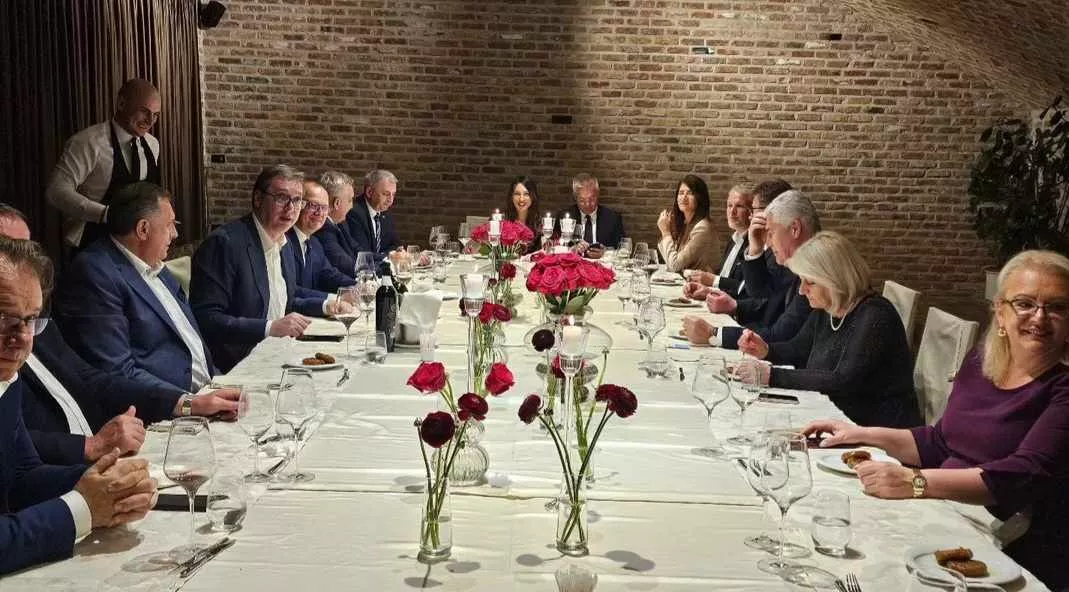
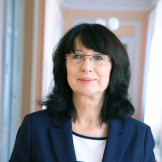
.jpg.webp)
Kresimir Zubak has an enviable career in law and politics. He was the president of the District court in Doboj, and from 1980 to 1984, Zubak was deputy minister of judiciary of Republic of BiH. He was the president of the Supreme Court in Doboj up to 1992 when he and his family were forced to leave Doboj.
At the constitutional assembly of Federation BiH in 1994, Zubak was elected its first president. He took part in the Dayton negotiations in 1995, however, he rejected to sign the agreement then. He signed, however, in December 1995.
He spoke to Patria about the current political situation, BH politicians and the relations between the international community, Brussels and Bosnia and Herzegovina.
Patria: 23 after the conflict, BiH is still suffering the consequences of the war. Such state of affairs generates further ethnic tensions and insecurity. The biggest victims are ordinary citizens. Other parts of Europe also saw conflicts in the past. Let's take an example of the war between Germany and France. Today, those two countries are economic powers and important strategic partners. How can we achieve that in BiH?
Zubak: Germany and France are often taken as an example of conflict resolution. Representatives of the international community often refer to these two countries as an example. Wars between France and Germany and the aftermath of the conflict can serve as a good example or comparison when discussing relations between e.g. BiH and Serbia or Serbia and Croatia. Our problems are problems of international relations which were problematic in the past, culminating during the '1992 – 1995' war. It is about interstate conflict which is far more complex.
Nevertheless, the period of 23 years since end of the war should have been sufficient to overcome international conflict which is still present at the political scene of Bosnia and Herzegovina.
How come the conflictual situation persists? To my mind, the answer is simple. The peace we are living is an unjust peace. It is imposed by the Dayton Peace Accord. It is unjust and as such it will perpetuate internal conflicts, big or small but certainly permanent.
I think that BiH needs a just peace as a result of an internal social agreement, similar to what the Spanish once did. Such social agreement should stem from the actual situation, the fact that BiH is a multinational state, the premise which should serve as the basis for preventing future conflicts in building of a joint state, taking into consideration experiences of other multinational states that are democratic, with developed economies, social and secular. In other words, the countries that may serve as the proof that multinational states could be successful as well.
Patria: The international officials say that Bosnia and Herzegovina belongs in Europe. And that the EU made a historical mistake towards BiH for having failed to stop the horrors of the nineties. At the same time, Brussels has not showed any intention of terminating cooperation with the politicians from BiH who keep generating the crises. Isn't that somewhat hypocritical behavior on the part of Brussels?
Zubak: I wouldn't call it hypocritical. I think they simply wander around aimlessly, not knowing how to help overcome the situation in BiH. It is quite obvious that they gave up on the practice of imposing solutions. They use a new method: they let local politicians reach political maturity by solving internal problems. Such practice is logical, however, as far as we can see, it doesn't give results. What is more, some politicians want to take advantage of it and revise all that the international community has done in BiH in the realm of passing laws and other important decisions. I think that they (the international community) gave upon that practice too soon. We are far from reaching maturity, we haven't even hit the puberty.
Patria: Do you still believe that one retrograde political option can be countered by the idea that the Croats as the autochthon people of Bosnia and Herzegovina, have to be constituent in the entire territory of BiH, and not only in one part of the country? The same question applies to the Bosniaks and the Serbs? Could civil and national be reconciled in BiH?
Zubak: Constituency of Bosniaks, Croats and Serbs in the entire territory of BiH is the strongest guarantee that the wholeness of BiH will be preserved. Many advocates for so called civil state (and they refer to the civil state as at the end of the 19th century), they have no clue that it would lead to dissolution of BiH. I also wonder about those who want to dismantle BiH and who declare themselves as hard line nationalists, that they do not see how they have allies in them, because such 'civil state' would give them tools for division. Such form of civil state we already have in some parts of BiH, manifesting itself in absolute domination of majority constituencies over minority.
Modern civil state and societies presume both individual and collective rights. They are not opposed and do not exclude one another, they are complementary.
Patria: Is the Croat party BiH (HS BiH) strong enough to resist domination of HDZ at the coming elections?
Zubak: HS BiH wants to be an alternative to HDZ BiH. HDZ BiH is cleptocraticaly organized party, a clientelistic party – that's how it works and understands the politics and power. They hide behind the cover of national interests.
Patria: Could the politics of HDZ in any scenario distance itself from the politics of Dodik's SNSD?
Zubak: They are ideological and political brothers.

